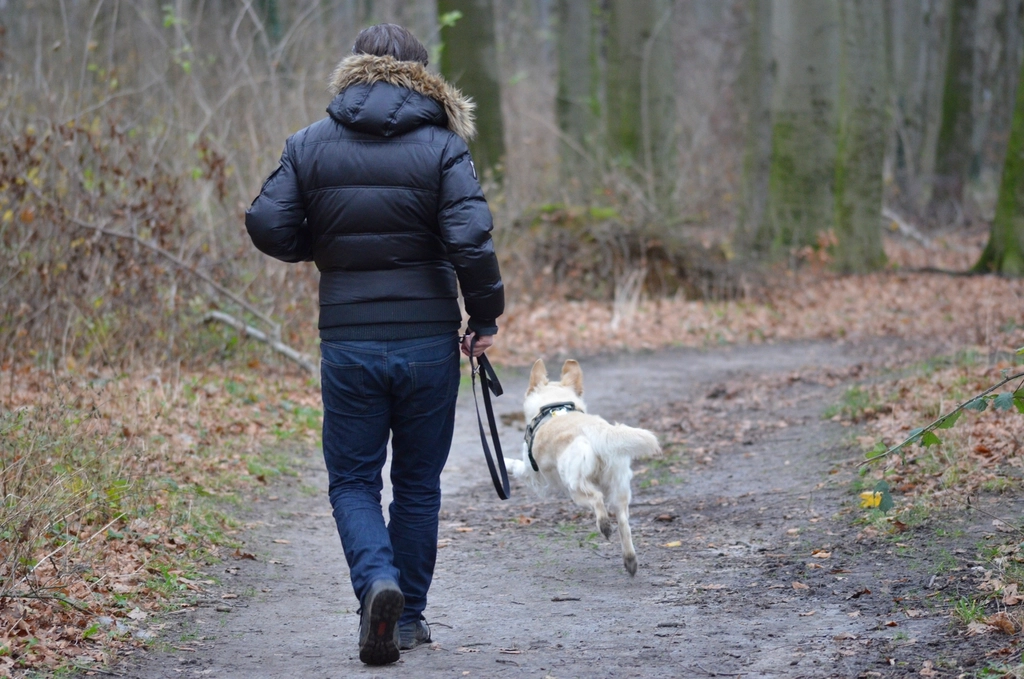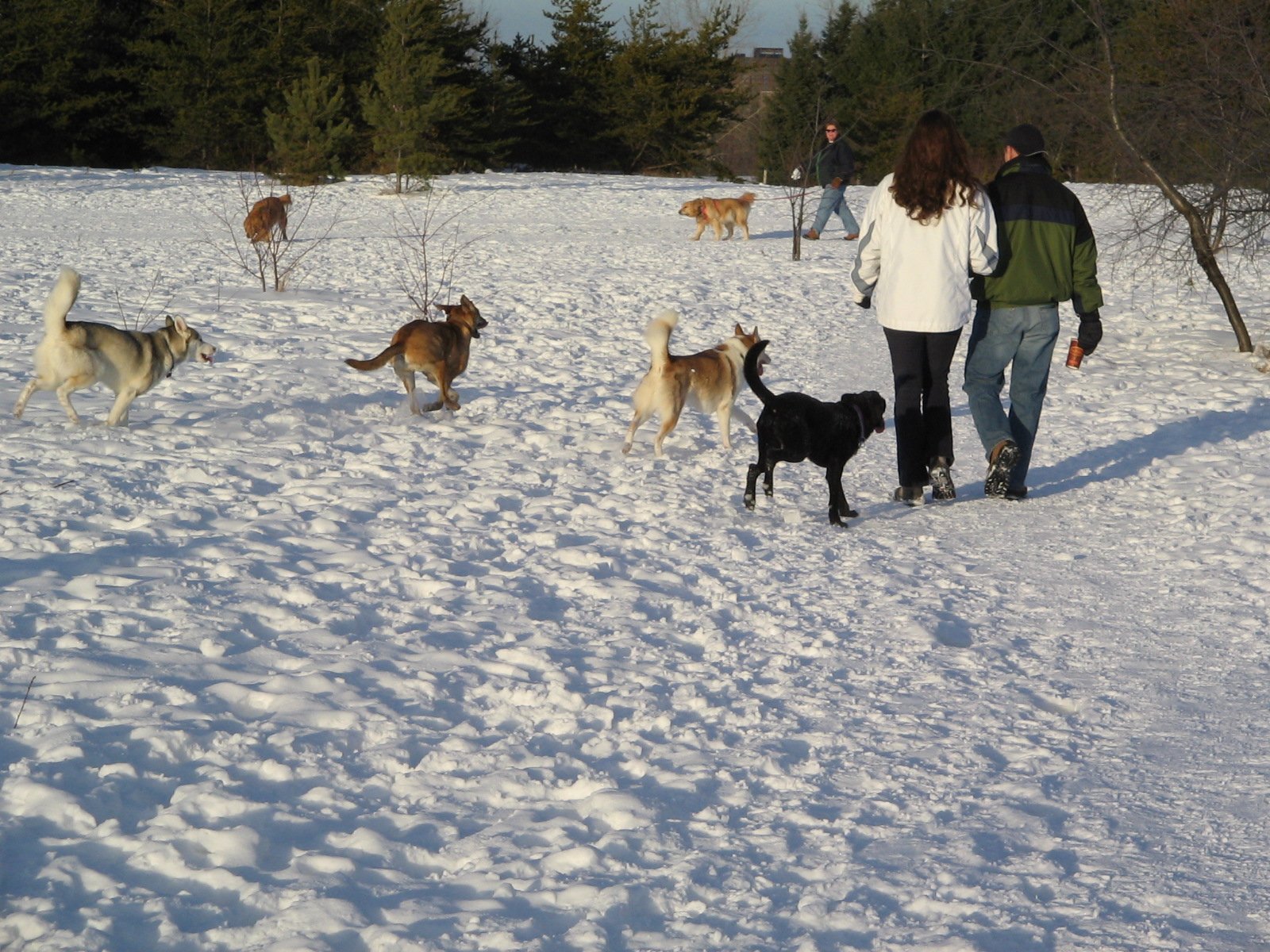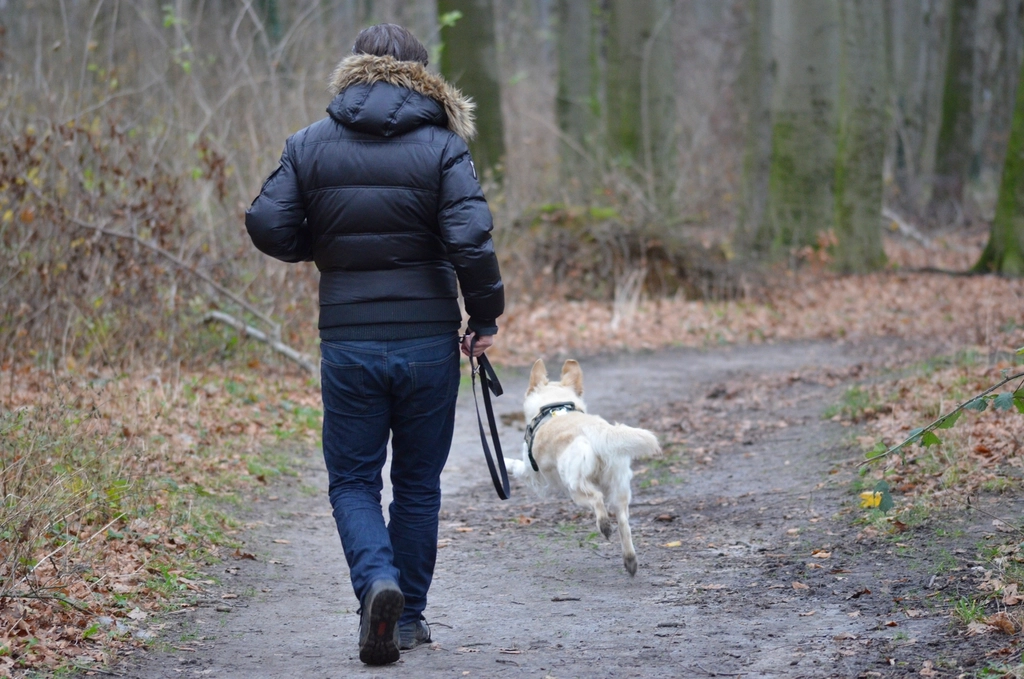Isn’t it astonishing how a wagging tail or a pair of eager, soulful eyes can melt away loneliness in an instant? For many seniors, the right dog is far more than a pet—it’s a lifeline, a loyal friend, and a daily dose of happiness. If you’ve ever wondered whether a dog could truly change your golden years, prepare for some uplifting surprises. The benefits reach far beyond companionship, spilling over into health, happiness, and even a renewed sense of adventure. Let’s explore why choosing the right dog isn’t just a good idea for seniors—it’s a game-changer.
Companionship That Eases Loneliness

Loneliness can sneak up on people in their later years, often when children have grown up and friends move away or pass on. A dog offers a kind of companionship that’s hard to find elsewhere. Their unwavering loyalty and loving presence fill homes with warmth and laughter. Even on days when you don’t feel like seeing anyone else, your dog is always there, ready to listen, to cuddle, or to simply sit beside you.
There’s something magical about the way dogs sense human emotions. They seem to know when you’re feeling down and will nuzzle closer or wag their tails as if to say, “I’m here for you.” This bond can help seniors feel needed and loved, which is important for emotional well-being. A dog doesn’t care about wrinkles or gray hair—they just care about you.
Boosting Physical Activity and Health

It’s no secret that staying active is crucial as we age, but it’s not always easy to find the motivation. Here’s where the right dog becomes a personal trainer in disguise. Dogs need daily walks, playtime, and fresh air, gently nudging their owners to lace up their shoes and head outside.
Regular walks, even if they’re slow and steady, can do wonders for cardiovascular health, joint mobility, and balance. The act of bending, throwing a ball, or even just standing up to let the dog out keeps the body moving. Plus, the sense of responsibility that comes with caring for a dog can inspire seniors to stick to a routine—something doctors everywhere recommend.
Improving Mental Well-being and Reducing Stress
Dogs are natural mood boosters. Spending time with a dog can lower levels of stress hormones and increase those feel-good chemicals like serotonin and dopamine. Just stroking a dog’s fur or listening to their gentle breathing can slow the heart rate and ease anxiety. For seniors who may feel overwhelmed by worries or health concerns, this calming effect is a real blessing.
There’s also the joy that comes from laughter and play. Dogs do the funniest things, from chasing their tails to giving “puppy eyes” for a treat. These small, silly moments add up, helping to create a positive mindset and a lighter heart—even on tough days. It’s like having a furry therapist on call 24/7.
Creating Structure and Purpose in Daily Life
Retirement and an empty nest can leave days feeling a bit aimless. Having a dog adds structure: meals, walks, grooming, and playtime become reliable markers in the day. This routine can bring a comforting sense of purpose, making each morning something to look forward to.
Caring for a dog also brings a sense of accomplishment. Knowing that another living being relies on you for happiness and care can reignite a sense of value and responsibility. It’s not just about filling time—it’s about filling life with meaning, one wagging tail at a time.
Enhancing Social Connections

Dogs are natural icebreakers. Take a stroll in the park with your furry companion, and you’re likely to find yourself chatting with fellow dog lovers. This social aspect is a hidden treasure, especially for seniors who may struggle to meet new people. A friendly dog can turn a quiet walk into a series of happy hellos and warm conversations.
Dog ownership can also open doors to local events, training classes, or community groups. These new circles of friends and acquaintances help combat isolation and keep seniors connected to the world around them. In some cases, lifelong friendships have begun with a simple question: “What’s your dog’s name?”
Tailoring the Dog to the Senior’s Lifestyle
Not every breed is a perfect fit for every person, especially as we age. Seniors benefit most from dogs whose energy levels, size, and temperament match their own lifestyles. For some, a gentle lapdog that loves quiet afternoons is ideal. For others, a medium-sized walking partner might be the best match.
It’s also important to consider health factors, like allergies or mobility issues. The right dog is one that brings joy, not stress. Shelters and rescue organizations often help seniors find a dog that matches their needs, ensuring both pet and owner thrive together. Choosing wisely is the key to a harmonious, happy relationship.
Supporting Cognitive Health
Did you know that keeping a dog can actually help keep your mind sharp? Tasks like feeding, training, and even keeping up with vet appointments keep the brain engaged. Remembering schedules, learning new tricks, or reading about dog care all stimulate mental activity.
For seniors facing mild memory loss or the early stages of dementia, these routines can be particularly beneficial. The need to care for a dog can encourage focus, problem-solving, and even creativity. Many seniors find joy in teaching their dogs new commands or games, turning every day into a gentle mental workout.
Offering Safety and Security
Dogs may not replace high-tech security systems, but their presence alone brings a sense of safety. Even smaller breeds can alert owners to visitors or unusual noises, helping seniors feel more secure at home. For those living alone, this extra layer of comfort can make a big difference.
Some breeds are naturally protective and can help deter unwanted guests. But even the friendliest dogs are often enough to give a would-be intruder pause. More importantly, the companionship of a dog can ease nighttime worries, making the home feel warmer and safer.
Choosing the Right Age and Breed
Puppies are adorable, but they can be a handful! Many seniors find joy in adopting older dogs, who tend to be calmer and already house-trained. Mature dogs are often grateful for a second chance and settle in quickly, making them wonderful companions for those who prefer a peaceful pace.
Breed matters, too. Smaller dogs like Cavalier King Charles Spaniels or Shih Tzus are popular among seniors for their affectionate nature and manageable size. For those who love more active outings, breeds like Cocker Spaniels or mini Poodles can keep up without being overwhelming. The right match ensures both dog and owner enjoy a happy, balanced life together.
Financial and Emotional Considerations
Owning a dog comes with expenses, from food and grooming to vet bills. Seniors should honestly assess their budget and look into programs that offer support, such as subsidized veterinary care or pet insurance. Sometimes, local shelters have special adoption rates for seniors, making pet ownership more affordable.
Emotionally, it’s wise to consider who can help with the dog if health challenges arise. Having a plan in place—perhaps a nearby family member or neighbor who’s willing to lend a hand—removes worry and ensures the dog’s well-being. With a bit of planning, the joys of dog ownership can far outweigh the challenges, bringing years of love and laughter into a senior’s life.






